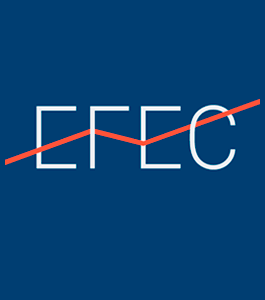Financial literacy proponents are moving ahead aggressively in an effort help prevent financial setbacks for the hundreds of millions of individuals and families who comprise vulnerable populations that are exposed to greater financial stress by virtue of their lack of financial education. The United Nations report comes at a critical time, not only as the tenuous global economy continues to hamper employment, housing and overall personal financial growth, but it also comes just days after the release of results of the first-ever global financial literacy study conducted by the OECD Programme for International Student Assessment (PISA), which tested 15-year-olds internationally regarding their understanding of critical personal financial concepts. With results of the PISA study highlighting the lack of financial literacy on a global basis, combined with the troubling statistics unveiled by the UNDP’s Human Development Report, key financial education stakeholders such as governments, corporations, NGOs, economists, research institutions and others are going to great lengths to raise financial literacy even higher on national political, economic and social agendas throughout the world.
UNDP & UNCDF Funded Initiatives
The United Nations has a long history of supporting financial education and promulgating the virtues of financial literacy. Helen Clark, Administrator of the United Nations Development Programme, has been very focused on incorporating financial education into initiatives designed to improve the quality of life, particularly for women. In one of the latest examples of Clark’s concentration on financial literacy, she spoke extensively about this topic during a three day tour of Papua New Guinea (PNG), where she accentuated that financial education is a critical skill necessary for individuals and families in all socioeconomic categories, but even more vital, in Clark’s view, for women residing in rural regions.
UNDP and UNCDF partner with public and private institutions to fund, develop and implement financial literacy programs that disproportionately target vulnerable populations. Papua New Guinea represents a good example, as UNDP and UNCDF funded an initiative by Nationwide Microbank for the delivery of mobile wallet products and financial literacy training for women to better understand and become more empowered to make important money management decisions for themselves and their families. On one hand, the mobile wallet deployment through Nationwide Microbank’s MiCash initiative was intended to address the high levels of unbanked individuals in Papua New Guinea. But financial literacy advocates are quick to note that it was the financial education component of this program that truly drove its success since customers learned how to manage their money, budget, save, and plan for emergencies, which is of utmost importance in the regions in which the project was carried out.
Given the astounding statistics on poverty and personal finance vulnerability exposed in UNDP’s 2014 Human Development Report, the importance of incentivized financial discipline that sets individuals on the path to financial prosperity, such as through UNDP and UNCDF funded initiatives like the one implemented in Papua New Guinea, is clear.
Lee el artículo completo en FinancialCorps.


